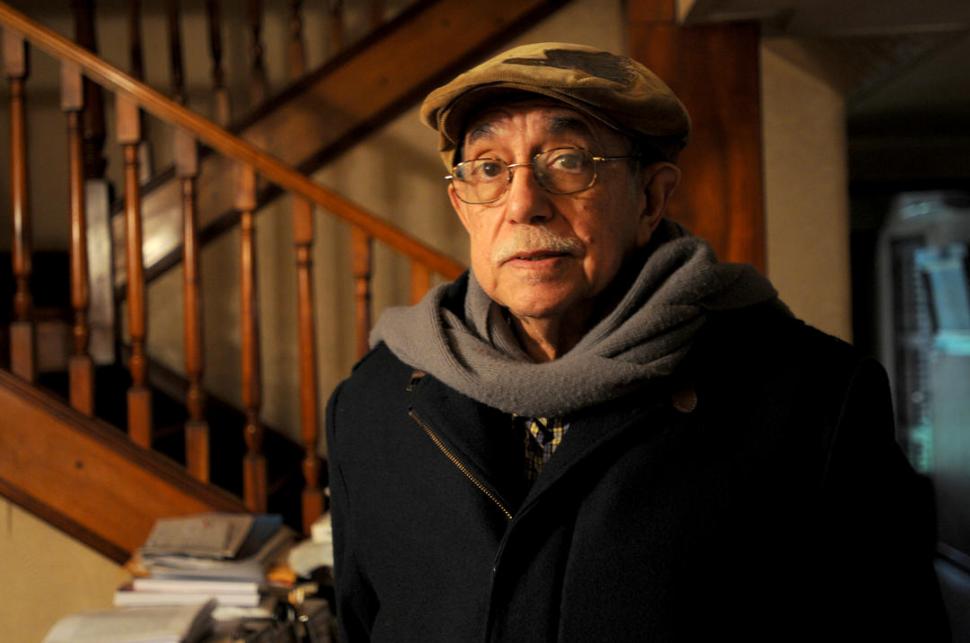It's hard for anyone to say anything new in the long (and long-running) debate about whether we should try to increase the supply of kidneys by crafting some form of ethical, non-coercive compensation for donors, or whether this should remain illegal.
Frank McCormick points me to this recent article, which ends with what I hope is a fairly noncontroversial link to the deceased donor registries:
It May Sound Awful, but We Really Do Need to Pay for Human Organs
by Mark Joffe
It concludes:
"While there is little support for an Iranian-style organ market in the United States, there is an increasing realization that finding more live donors will involve offering them incentives to give up a kidney. A reform that compensates donors without allowing recipients to pay for organs is a viable middle ground. The government could fund such a program with cost savings on dialysis. One estimate puts the potential savings at as much as $12 billion a year.
Frank McCormick points me to this recent article, which ends with what I hope is a fairly noncontroversial link to the deceased donor registries:
It May Sound Awful, but We Really Do Need to Pay for Human Organs
by Mark Joffe
It concludes:
"While there is little support for an Iranian-style organ market in the United States, there is an increasing realization that finding more live donors will involve offering them incentives to give up a kidney. A reform that compensates donors without allowing recipients to pay for organs is a viable middle ground. The government could fund such a program with cost savings on dialysis. One estimate puts the potential savings at as much as $12 billion a year.
Last year, Rep. Matt Cartwright (D-Penn.) introduced the Organ Donation Clarification Act, which would have allowed state and local governments to implement pilot programs offering non-cash benefits to live organ donors. These in-kind benefits might include a tuition voucher, loan forgiveness or a contribution to the organ donor’s designated charity. In addition, Cartwright’s legislation would have clarified language in NOTA to establish that cash reimbursement for donor travel expenses, medical costs and lost wages is permissible. The bill attracted 11 bipartisan cosponsors but did not move out of committee.
Cartwright’s office told me that he plans to reintroduce the legislation in the current Congress. Once he does, he will have the support of a group of D.C. policy wonks who have created the Organ Reform Group and Network. One of the group’s members, economist Kurt Schuler, donated a kidney to a stranger in 2014 under the current system, but believes that incentives are needed to end the nation’s kidney shortage.
Whether or not you agree that live donors should be compensated for their kidneys, I hope we can all agree that donating our organs at death is no sacrifice. While this issue is on your mind, consider signing up for the organ registry at https://organdonor.gov/register.html."










